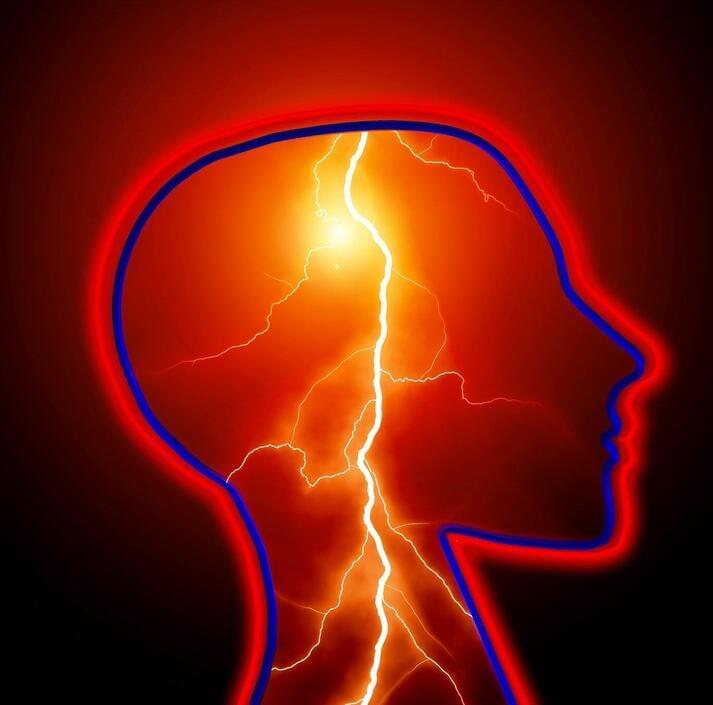A recent study by the Baycrest Centre for Geriatric Care reveals that an area of the brain distinct from the stroke lesion may play a significant role in causing the life-altering symptoms with which survivors are often left, which can include severe challenges with speech, mobility and cognition. These results provide hope that innovative, non-invasive treatments could help improve or even fully reverse post-stroke symptoms.
Strokes (which more than 100,000 Canadians suffer every year) leave behind an area where brain cells have died, called a lesion. However, this cannot explain the widespread consequences of stroke, limiting scientists’ and clinicians’ ability to treat them.
The study, titled “Secondary thalamic dysfunction underlies abnormal large-scale neural dynamics in chronic stroke,” published in the journal Proceedings of the National Academy of Sciences, reveals that degeneration of the thalamus—an area of the brain distinct from the stroke lesion—is a significant contributor to post-stroke symptoms.









Leave a reply